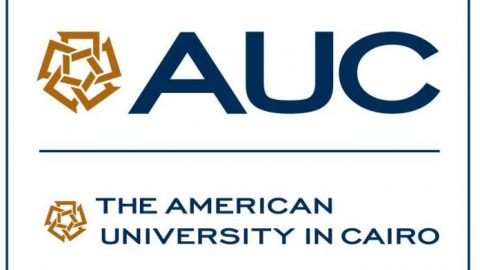Launched in 2000 as the Integrity Award, and renamed in 2016, the Anti-Corruption Award honours remarkable individuals and organisations worldwide, including journalists, public prosecutors, government officials and civil society leaders.
Winners are a source of inspiration to the anti-corruption movement because their actions echo a common message: that corruption can be challenged.
The Anti-Corruption Award may be conferred to a person (or an organisation) discharging official or professional duties as well as to an activist(s) from all walks of life.
The Anti-Corruption Award Committee, the body responsible for evaluating nominations and choosing winners, may choose up to two award recipients. In making these awards, the Committee will take into consideration the need to recognise efforts in diverse fields of civil society, the private sector and government and to acknowledge anti-corruption initiatives throughout the world.
The Award consists of a trophy and participation in a public award ceremony during the 18th edition of the International Anti-Corruption Conference to take place from the 22nd to the 24th of October 2018 in Copenhagen, Denmark.
The Anti-Corruption Award may, in some cases, have a profound impact, as the recognition may contribute to social, political and economic developments in the countries to which they relate. Therefore, in selecting Anti-Corruption Award recipients, the Anti-Corruption Award Committee follows a clear evaluation process honouring the right of participation and equal opportunity while ensuring diversity. In considering nominations, the Anti-Corruption Award Committee also looks for geographical and occupational balance.
ELIGIBILITY
Nominees must meet the following requirements:
- Nominees must have undertaken an action that is likely to significantly influence, or to have had a significant impact on, existing levels of corruption in his/her respective country or region.
- The action should be one likely to attract interest and emulation in other parts of the world.
- The action must be particularly courageous and exemplary, inspirational and deserving of wide international recognition.
- The action should recognise the longevity of commitment to fighting corruption.
The Committee will use the following criteria to assess eligible nominations:
- IMPACT
- Recipient/s must have undertaken an action that is likely to significantly influence, or to have had a significant impact on, existing levels of corruption in her/his respective country or region.
- Recipient/s demonstrate that fighting corruption is possible and can have impact on society and public good
- The recipient/s should be working in a country or region in which open society is at threat, and their anti-corruption work should strive to ensure that society does not falter.
- The action includes as many people affected by the act of corruption; rather than being solely an individual effort.
- The reception of the award enhances the awardee’s profile and protects the awardee from future threats.
- COURAGE
- The action must be particularly courageous and exemplary, inspirational and deserving of wide international recognition.
- The recipient should be recognised for what the potential or actual negative consequences were of their anti-corruption work.
- The action should likely attract interest and emulation in other parts of the world.
- SUSTAINABILITY
- The action should recognise the longevity of commitment to fighting corruption.
- The action contributes to or has built resilient anti-corruption institutions and added to the durability and strength of the anti-corruption effort.
- As a result, the recipient drove real change in the medium to long-run with her/his work.
To apply and for more information visit here








